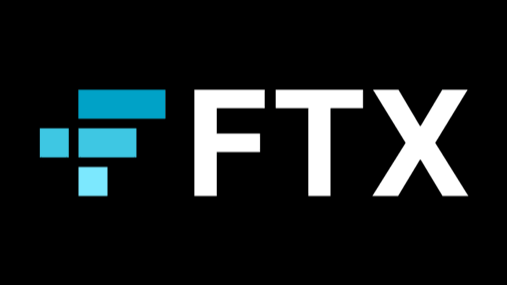Elon Musk has said that Twitter is “definitely” heading in a direction towards facilitating payments on the platform.
The billionaire, who purchased the social media giant for $44 billion last month, recently held a meeting with staff where he revealed plans for the future of the company, including banking services.
A transcript of the meeting, published by US tech publication The Verge, reveals that Musk plans to enable Twitter users to “send money anywhere in the world instantly and in real-time”.
“If you can simply have one balance on Twitter that can simply go positive or a negative, and when it goes positive, the interest rate is better than what you could receive elsewhere, and when it goes negative, the interest rate is lower than what you see elsewhere, now you have a much simpler system,” said the Twitter chief executive.
He added that users could attach a debit card to the Twitter account so there is a “backwards compatibility” into the payments system because “not everyone will accept Twitter”.
“So if have above a certain balance, you automatically send people a debit card," he told staff. "You want backwards compatibility to the existing financial infrastructure."
He continued: "In the U.S., there’s still a small number of cheques that are used. So if your landlord is demanding that you send a cheques, you have to have some non-zero number of cheques. Then we would send a small number of cheques to those that need to have cheques. Then you add automatic payment. Then over time, you basically address what are all the things that you’d want from finance standpoint. And if you address all things that you want from a finance standpoint, then we will be the people’s financial institution."
Following reports earlier this month that 3,700 Twitter staff members will be cut to reduce costs, he also addressed the possibility of bankruptcy.
"We just definitely need to bring in more cash than we spend," said Musk. "If we don’t do that and there’s a massive negative cash flow, then bankruptcy is not out of the question. That is a priority. We can’t scale to one billion users and take massive losses along the way. That’s not feasible. I don’t think we will."
Latest News
-
Gemini to cut quarter of workforce and exit UK, EU and Australia as crypto slump forces retrenchment
-
Bank ABC’s mobile-only ila bank migrates to core banking platform
-
Visa launches platform to accelerate small business growth in US
-
NatWest to expand Accelerator programme to 50,000 members in 2026
-
BBVA joins European stablecoin coalition
-
eToro partners with Amundi to launch equity portfolio with exposure to ‘megatrends’
Creating value together: Strategic partnerships in the age of GCCs
As Global Capability Centres reshape the financial services landscape, one question stands out: how do leading banks balance in-house innovation with strategic partnerships to drive real transformation?
Data trust in the AI era: Building customer confidence through responsible banking
In the second episode of FStech’s three-part video podcast series sponsored by HCLTech, Sudip Lahiri, Executive Vice President & Head of Financial Services for Europe & UKI at HCLTech examines the critical relationship between data trust, transparency, and responsible AI implementation in financial services.
Banking's GenAI evolution: Beyond the hype, building the future
In the first episode of a three-part video podcast series sponsored by HCLTech, Sudip Lahiri, Executive Vice President & Head of Financial Services for Europe & UKI at HCLTech explores how financial institutions can navigate the transformative potential of Generative AI while building lasting foundations for innovation.
Beyond compliance: Building unshakeable operational resilience in financial services
In today's rapidly evolving financial landscape, operational resilience has become a critical focus for institutions worldwide. As regulatory requirements grow more complex and cyber threats, particularly ransomware, become increasingly sophisticated, financial services providers must adapt and strengthen their defences. The intersection of compliance, technology, and security presents both challenges and opportunities.
© 2019 Perspective Publishing Privacy & Cookies













Recent Stories